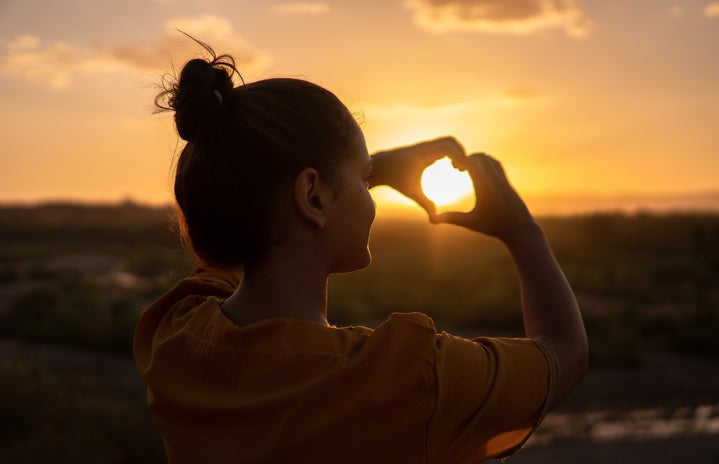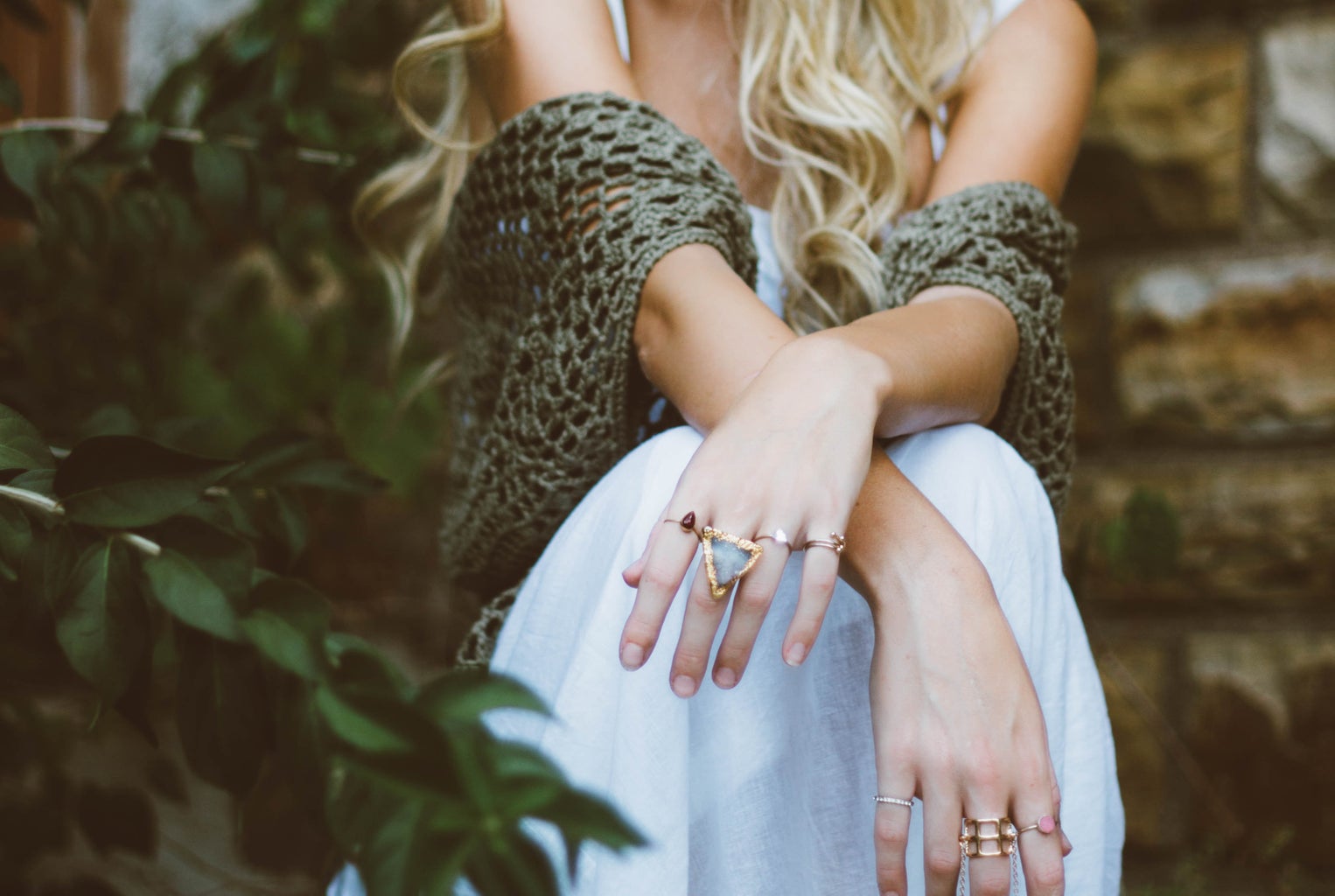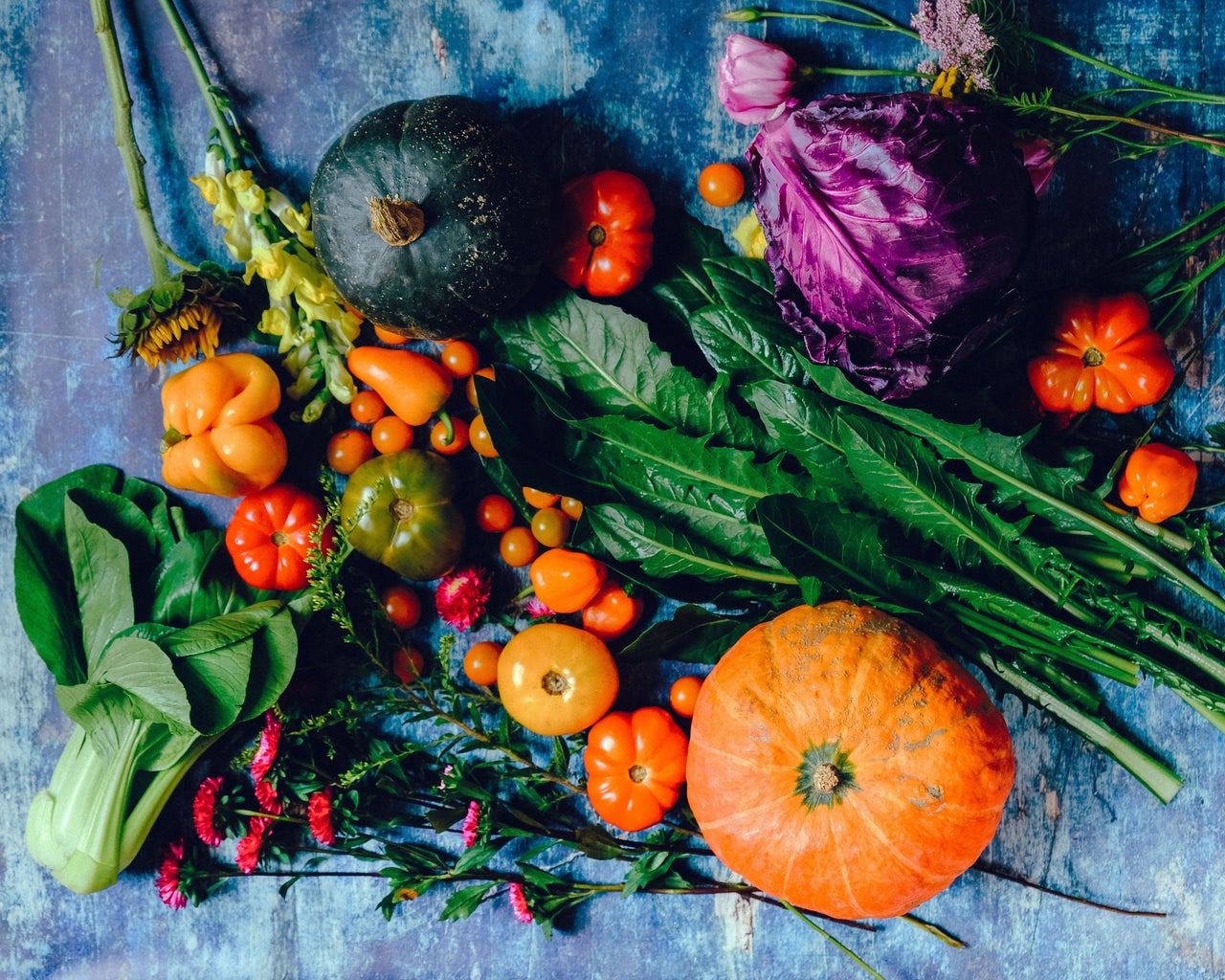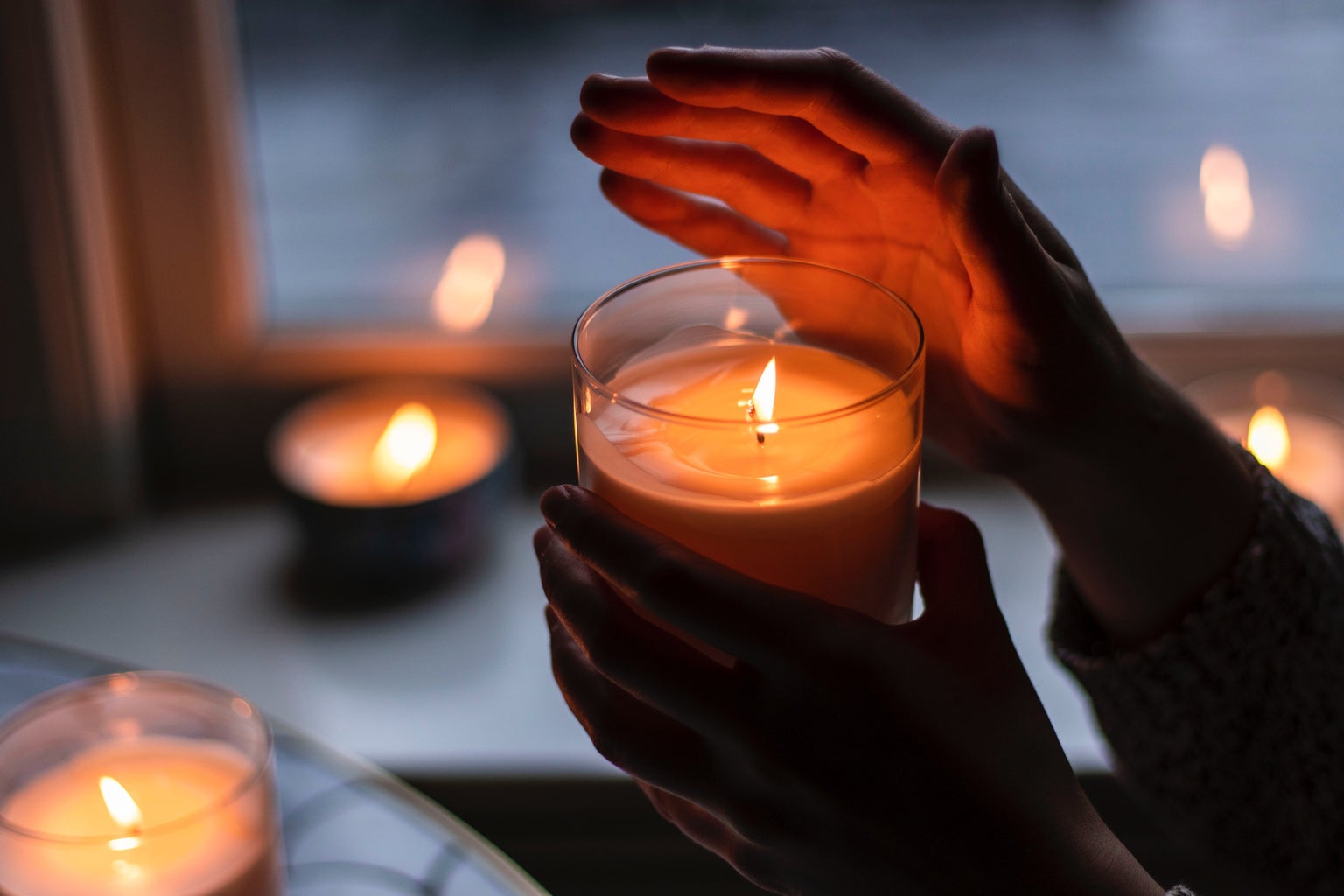We celebrated Earth Day this past weekend, which has me thinking about some of the eco-friendly products that have really improved my life. Keep reading to hear about some of the best swaps I’ve made that you’ll love too.
- An electric toothbrush
-
Switching from disposable toothbrushes to electric ones was a huge upgrade for me. Mine buzzes every 30 seconds to tell me to switch sides and ensure I brush for a full two minutes. Plus, some companies have recycling programs where you can mail in your used head replacements. The only downside is the smaller head makes it harder to brush my tongue, but I prefer to use a tongue scraper for that, anyway.
- Natural fiber clothing
-
You’ll love swapping to more natural clothing materials for a number of reasons. First, fabrics like cotton, linen, wool, and silk are typically going to be more durable and high-quality than synthetics like polyester or spandex. However, that doesn’t necessarily mean that they have to be more expensive. Second, natural fibers breathe better than anything else. Third, they are renewable and biodegradable, making them much more environmentally friendly. Another big bonus for me is that natural fibers reduce static.
- Reusable shopping bags
-
This is already a popular choice, but I really want to emphasize how convenient reusable shopping bags can be. Especially when you have a long trek to the car or your home, a shoulder bag with longer straps can take a lot of strain off your arms and back. You can also get insulated bags for better temperature control. I suggest keeping the bags in your car to make them easy to remember.
- Seasonal Produce
-
This a great switch to make for people who have a harder time getting their fruits and veggies. If you’re not sure what to buy or how to prepare it, try researching the seasonal produce and then look for recipes that incorporate them. The best part is that in-season produce is cheaper because it is more likely local. This also means that by buying seasonally, you are supporting your local economy. My favorite resource for keeping track of what’s in season is the USDA’s Seasonal Produce Guide.
- plastic-free cookware & utensils
-
From Tupperware to baking sheets to pots and pans, it is so worthwhile to invest in plastic-free products. My glass Tupperware has been a game changer because they are microwave- and dishwasher-safe and I can rest easy knowing that they are not shedding microplastics into my food. Kitchenware made from durable materials like glass, metal, wood, or silicone can be one-time purchases, meaning they are super cost-effective and sustainable.
- nATURAL cANDLES
-
Unfortunately, a lot of popular candle brands use paraffin wax or a paraffin wax blend, which can release toxic or carcinogenic chemicals into your space. Be careful with candles than have dried flowers or other additives in the wax, because they can potentially catch fire and be dangerous. If you have pets, make sure to confirm that the ingredients in your candles are not toxic to them! Some fragrances, like lavender, that are not harmful to us humans can be very harmful to animals.
- Simple Skincare
-
You probably already know this, but you do not need a ten-step skincare regimen. Any dermatologist or esthetician who is actually looking out for your skin will tell you that all you need is a cleanser, moisturizer, and exfoliator. What you may not know is that you are probably burning through your skincare products much faster than you need to. By using the correct amount of product, you will cut down on refills and save yourself a ton of money and plastic waste in the process. In particular, make sure that you are not over-exfoliating, as this can cause all kinds of skin issues. I suggest finding your holy grail products and sticking to them.




